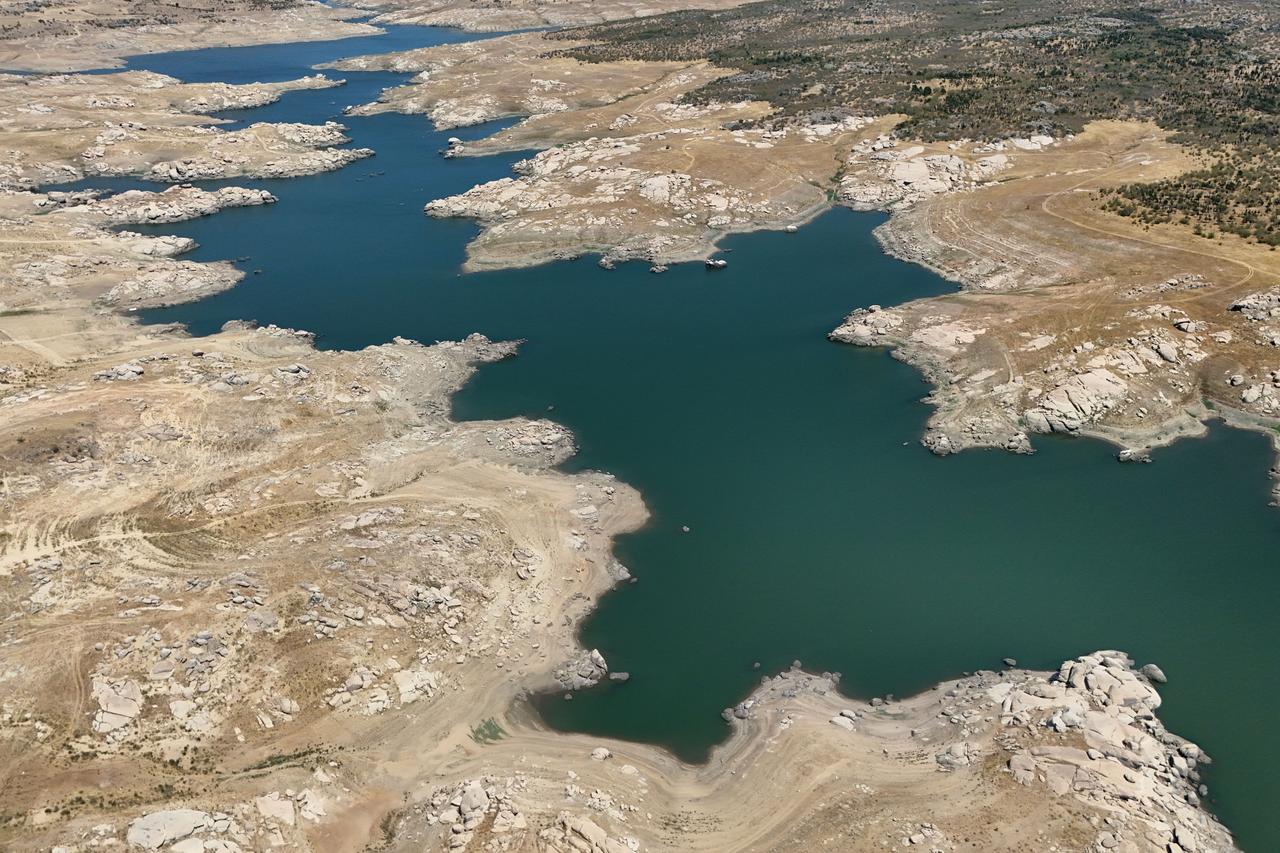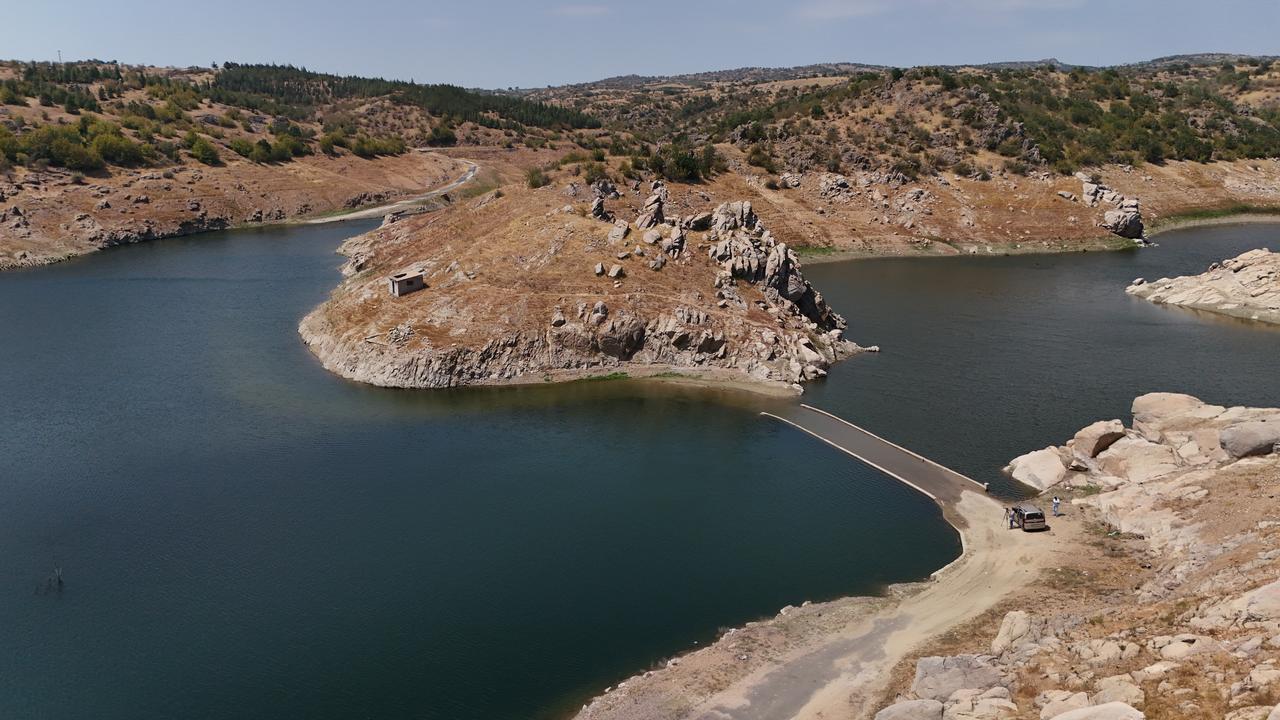
Reservoirs in Türkiye have seen their capacity drop to 42.2% as of Aug. 12, down 10.7 points from the same date last year, according to data from the State Hydraulic Works (DSI).
Rainfall during the “water year” — defined as Oct. 1, 2024, to Aug. 12, 2025 — was below average, falling 27.7% compared with the previous year. Nationwide, active storage in reservoirs, excluding lakes, stood at 39.8 billion cubic meters, down from 49.8 billion cubic meters a year earlier.
Over the past five years, August's reservoir capacity has fluctuated, registering 51.1% in 2020, 31.9% in 2021, 39.3% in 2022, and 49.9% in 2023. The figure was 52.9% in 2024 before declining this year.

In Istanbul, reservoir capacity slipped from 54.9% last year to 48.1% this year, enough to meet about four months of drinking water demand.
Ankara’s capacity plunged from 32.8% to 9.3%, leaving an estimated three months of supply.
In Izmir, levels dropped from 13.2% to 4.1%, equivalent to roughly two months of drinking water.
The DSI advises measures such as repairing leaking taps, reducing shower times, avoiding food waste, and limiting agricultural water demand to protect resources.
The agency also warns against pouring used cooking oil, expired medicines, or chemicals into sinks or toilets.